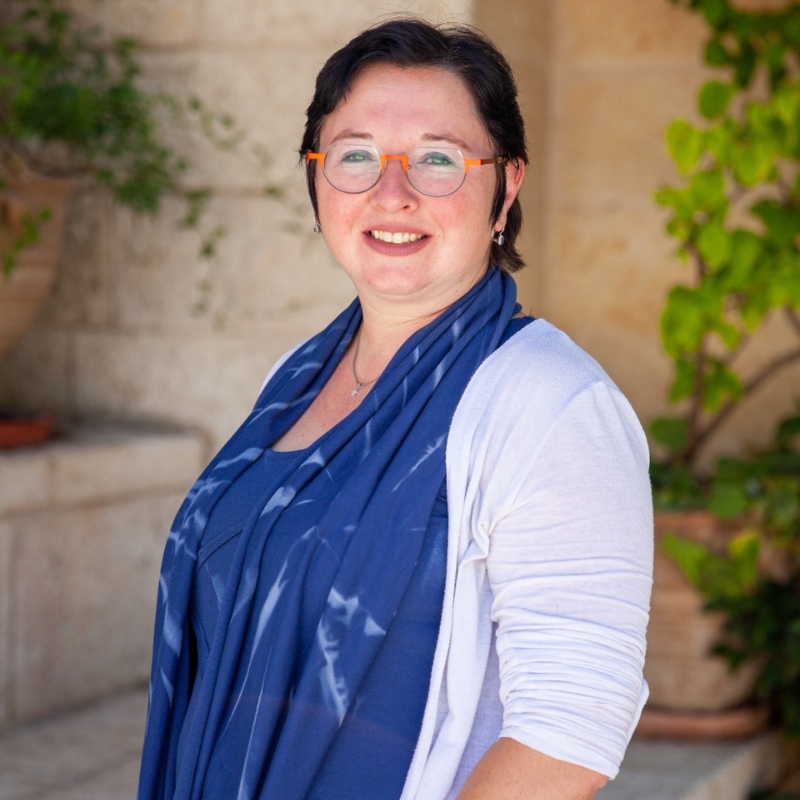I was always intrigued why the Hebrew title of the fourth book of the Torah is Bamidbar, which means “in the wilderness,” while the English is Numbers.
How did wilderness become numbers?
One of the possible ways to understand this mystery is by the fact that the Hebrew title places us in a particular place and time. It sets the stage for the story and gives us the big picture for the entire book.
In the first verse of the book, we find out that the story which is about to be told takes place in the wilderness, during the second year after our ancestors came out of Egypt: “On the first day of the second month, in the second year following the exodus from the land of Egypt, The Holy One spoke to Moses in the wilderness of Sinai, in the Tent of Meeting, saying…” (Numbers 1:1)
The English title zooms in; it is very specific. It reveals nothing but the first story of this new book, in which God asks our leaders, Moses and Aaron, to take a census of the people.
Find more commentaries on Bamidbar.
At first sight, counting people can be seen as a mundane task, but if we go deeper and try to understand what it really means, what is the reason behind the counting of people, we find out that actually it is a big deal. To count to make sure that nobody is missing, to count to make sure that no one is forgotten, to count so that everyone will be seen and heard, because every single person matters.
Our tradition asks us to count all the time. It starts with the story of creation, in which the days are counted. We count years, months, days, and of course people. In fact, we are in the midst of counting the days of the Omer.
To count in Hebrew is lispor. It shares a root with lesaper, to tell a story, and sipur, the story itself. It is not a coincidence, because when we count we tell a story.
The stories we tell ourselves and others are important. They create narratives, shape identities, and make everlasting memories.
This year, as we begin to read the book of Numbers, as we are about to conclude the counting of the Omer, as we prepare ourselves to receive the Torah, and as we realize that it has been almost eight bloody months of the terrible war between Israel and Hamas in Gaza, it is time to pause. Time to reflect. Time to count and time to ask ourselves, what is the story we tell ourselves and the world around us about this war, and how will it shape our future?
The story of Sefer Bamidbar took place in the wilderness, but it was clear that it was a temporary location for the Israelites. They were not planning to stay there forever. The land of Israel was waiting for them; they were just not ready to go there yet.
Find more commentaries on Israel / Palestine.
This year, it feels like we are back in the wilderness, at least morally. How are we going to get out of here? How will we get ready to go back to our promised land?
For the last eight months, we have been counting the days since October 7, counting the unbearable number of lost lives among our people and the Palestinian people, counting the number of lost soldiers, counting the number of hostages, counting the number of people who became refugees in their own land. We count and we count and we count. And we tell a story. Each and every one of us.
One day, when the war ends, we will be in a better place.
What will be the story we tell our children and grandchildren about this historic time we are living in?
How will we be able to share a story that is complex, filled with diverse angles and multifaceted narratives? A human tapestry of both tragedy and heroism, despair and hope, sadness and joy.
Let us not choose one side of the story, let us not be dominated by numbers. Instead, let us choose humanity, let us be able to see the divine spark in every single human being on each side, and let us strive to end the war, heal our wounds, and work together to achieve peace, safety, and security for all people.
Only when that happens, will we be ready to step out of the wilderness.
Rabbi Lana Zilberman Soloway is an Israeli rabbi, ordained at the Shalom Hartman Institute and at Hebrew Union College in Jerusalem. She previously served as director of community engagement and education at Rabbis for Human Rights and currently serves Congregation Or Ami in Calabasas, CA.

